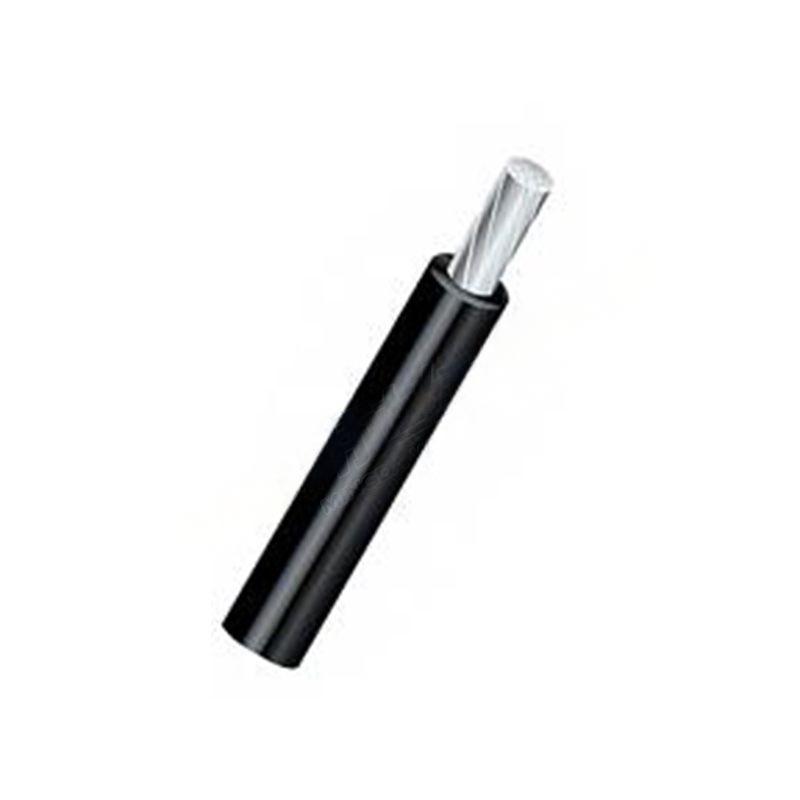Nov . 30, 2024 05:56 Back to list
Flanged Ball Valve Design and Applications for Efficient Flow Control Solutions
Understanding Flanged Ball Valves Key Features and Applications
When it comes to controlling the flow of fluids in various industrial applications, flanged ball valves serve a crucial role. These valves are designed to provide both a tight seal and easy operation, making them a preferred choice in numerous sectors including oil and gas, water treatment, and chemical processing. In this article, we will explore the essential features, benefits, and typical applications of flanged ball valves.
What is a Flanged Ball Valve?
A flanged ball valve is a type of quarter-turn valve that utilizes a spherical disc to control flow. The ball has a hole, or port, through which fluid can pass when the valve is open and blocks the flow when closed. The “flanged” aspect of the valve refers to the flanged ends that allow for easy connection to pipes. Typically, the flanges follow standardized specifications, making installation straightforward and secure.
Key Features and Benefits
1. Design and Construction Flanged ball valves are constructed with robust materials, such as stainless steel, carbon steel, and brass, which provide exceptional durability and resistance to corrosion. The ball is usually made from a hard material, ensuring longevity and reliability even in high-pressure applications.
2. Sealing Capability One of the most significant advantages of flanged ball valves is their excellent sealing properties. When closed, the ball creates a tight seal against the valve body, minimizing leakage and ensuring the integrity of the system. This is particularly important in applications where fluid loss can lead to significant financial or environmental consequences.
3. Ease of Use These valves feature a simple design that allows for quick and efficient operation. The quarter-turn mechanism means that opening or closing the valve can be accomplished in just a few seconds, enhancing operational efficiency, particularly in automated systems.
4. Versatility Flanged ball valves are versatile and can handle a wide range of fluids, including liquids, gases, and slurries. Their adaptability to various temperatures and pressures makes them suitable for many different applications across diverse industries.
5. Low Maintenance Thanks to their robust design and materials, flanged ball valves require minimal maintenance. Regular inspections and occasional cleaning are typically sufficient to keep them functioning optimally, reducing downtime and labor costs.
flanged ball valve

Applications of Flanged Ball Valves
Flanged ball valves are utilized in numerous industries due to their reliability and effectiveness. Some of the most common applications include
1. Oil and Gas Industry They are used to control the flow of crude oil, natural gas, and other hydrocarbons. Their ability to maintain a consistent seal under high pressure makes them ideal for this sector.
2. Water Treatment In water treatment facilities, flanged ball valves manage the flow of water and chemicals used in the purification process. Their durability ensures they can withstand the corrosive nature of some water treatment chemicals.
3. Chemical Processing Flanged ball valves are frequently employed in chemical manufacturing to control the flow of various corrosive chemicals. Their robust construction and reliable sealing capabilities make them a safe choice in this industry.
4. Power Generation In power plants, these valves help regulate the flow of steam and water in the cooling systems. Their quick operation is essential for maintaining optimum performance.
5. HVAC Systems Flanged ball valves are used in heating, ventilation, and air conditioning systems to regulate airflow and control heating and cooling cycles.
Conclusion
Flanged ball valves are integral components in many industrial operations, offering unmatched reliability, ease of use, and low maintenance needs. Their robust design and sealing capabilities make them suitable for a wide range of applications, from oil and gas exploration to water treatment facilities. As industries continue to evolve and demand more efficient fluid control methods, flanged ball valves will undoubtedly remain a popular choice for engineers and operators alike. Understanding their features and applications can help ensure that the right valve is selected for any given application, contributing to operational efficiency and safety.
Share
-
Reliable Wafer Type Butterfly Valves for Every IndustryNewsJul.25,2025
-
Reliable Flow Control Begins with the Right Ball Check ValveNewsJul.25,2025
-
Precision Flow Control Starts with Quality ValvesNewsJul.25,2025
-
Industrial Flow Control ReliabilityNewsJul.25,2025
-
Engineered for Efficiency Gate Valves That Power Industrial PerformanceNewsJul.25,2025
-
Empowering Infrastructure Through Quality ManufacturingNewsJul.25,2025


